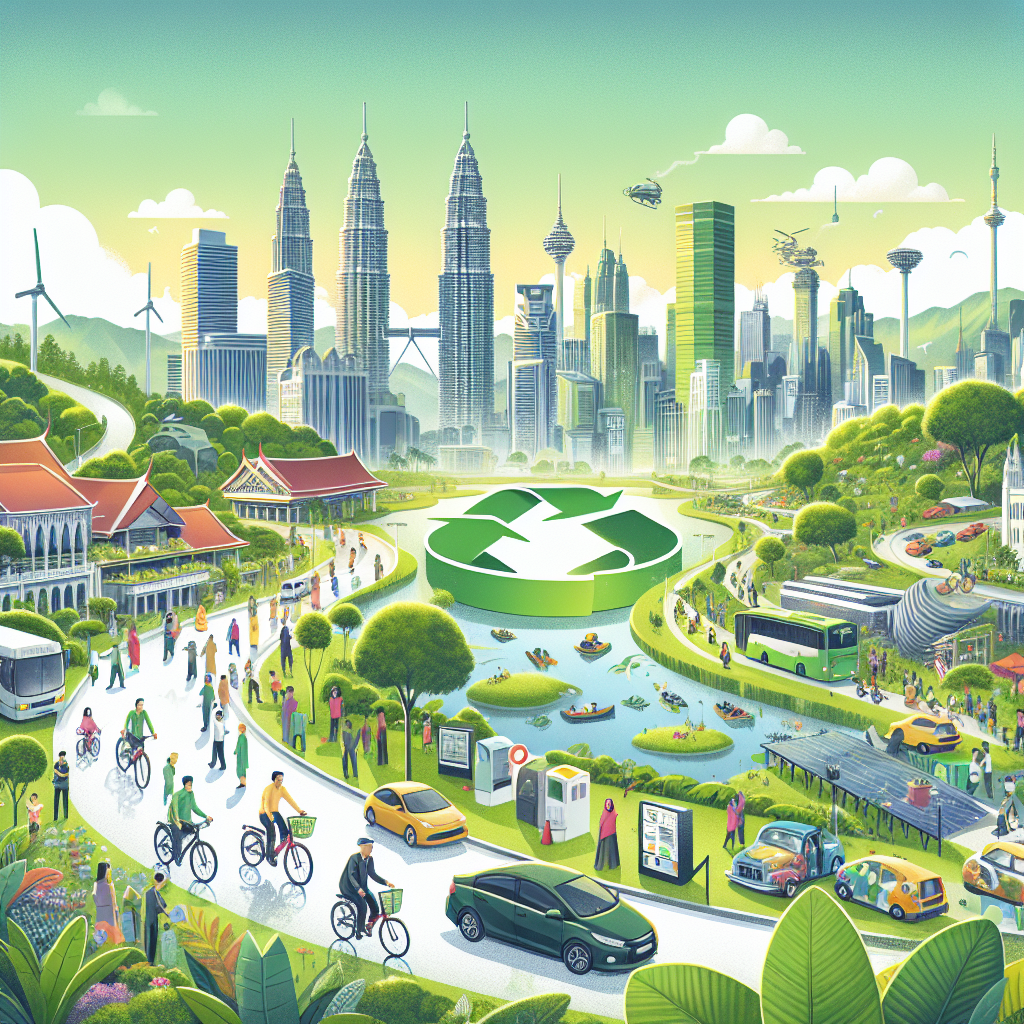Malaysia has made a firm commitment to promoting a Green Economy, which presents a multitude of opportunities for companies that adopt innovative technologies in various sectors such as electric vehicles, construction, water, and waste management. As a proud participant in the Low Carbon Cities Challenge, Malaysia also acknowledges the significant benefits that the Green Economy can bring to the environment and the global community. By exploring different perspectives and incorporating current information and data, this article aims to provide a comprehensive and engaging overview of Malaysia’s efforts towards a sustainable future.
The concept of a Green Economy revolves around the idea of achieving economic growth while simultaneously preserving the environment and improving the quality of life for people worldwide. Malaysia recognizes the potential of this approach and has taken significant steps towards its implementation. By embracing new technologies, companies in Malaysia can not only contribute to the country’s economic growth but also play a crucial role in mitigating the effects of climate change.
One of the key initiatives that Malaysia has undertaken is the Low Carbon Cities Challenge, which aims to transform cities into sustainable and low-carbon communities. This challenge encourages cities to adopt green practices and technologies, such as renewable energy sources, energy-efficient buildings, and sustainable transportation systems. By participating in this challenge, Malaysia is not only setting an example for other countries but also creating a more livable and environmentally-friendly future for its citizens.
In addition to the Low Carbon Cities Challenge, Malaysia has also implemented various policies and programs to promote a Green Economy. For instance, the country has set a target to reduce its carbon emissions by 45% by the year 2030. This ambitious goal demonstrates Malaysia’s determination to combat climate change and transition towards a more sustainable future.
Moreover, Malaysia has also recognized the potential of electric vehicles in reducing carbon emissions and promoting a cleaner transportation system. The country has set a target to have 100,000 electric vehicles on its roads by 2030, and various incentives and initiatives have been introduced to encourage the adoption of electric vehicles. This not only benefits the environment but also presents opportunities for companies in the electric vehicle industry to thrive in Malaysia.
Apart from the transportation sector, Malaysia is also focusing on promoting green practices in the construction, water, and waste management industries. The country has implemented green building standards and regulations to ensure that new constructions are energy-efficient and environmentally-friendly. In the water and waste management sectors, Malaysia is investing in innovative technologies to reduce water and energy consumption and promote sustainable waste management practices.
In conclusion, Malaysia’s commitment to a Green Economy is evident through its participation in the Low Carbon Cities Challenge and various policies and initiatives aimed at promoting sustainable practices in different sectors. By embracing new technologies and promoting green practices, Malaysia is not only contributing to its economic growth but also creating a better and more sustainable future for its citizens and the global community.

